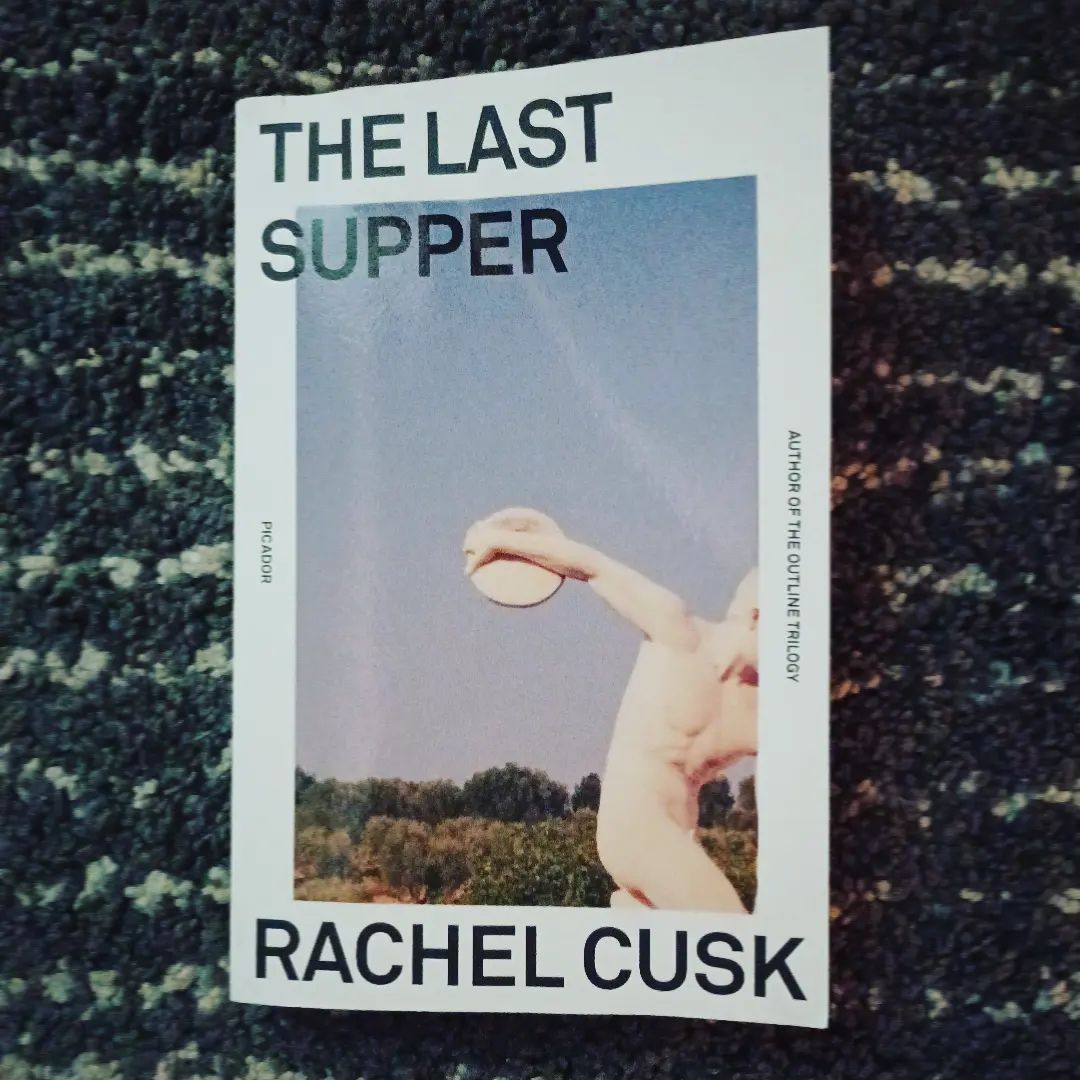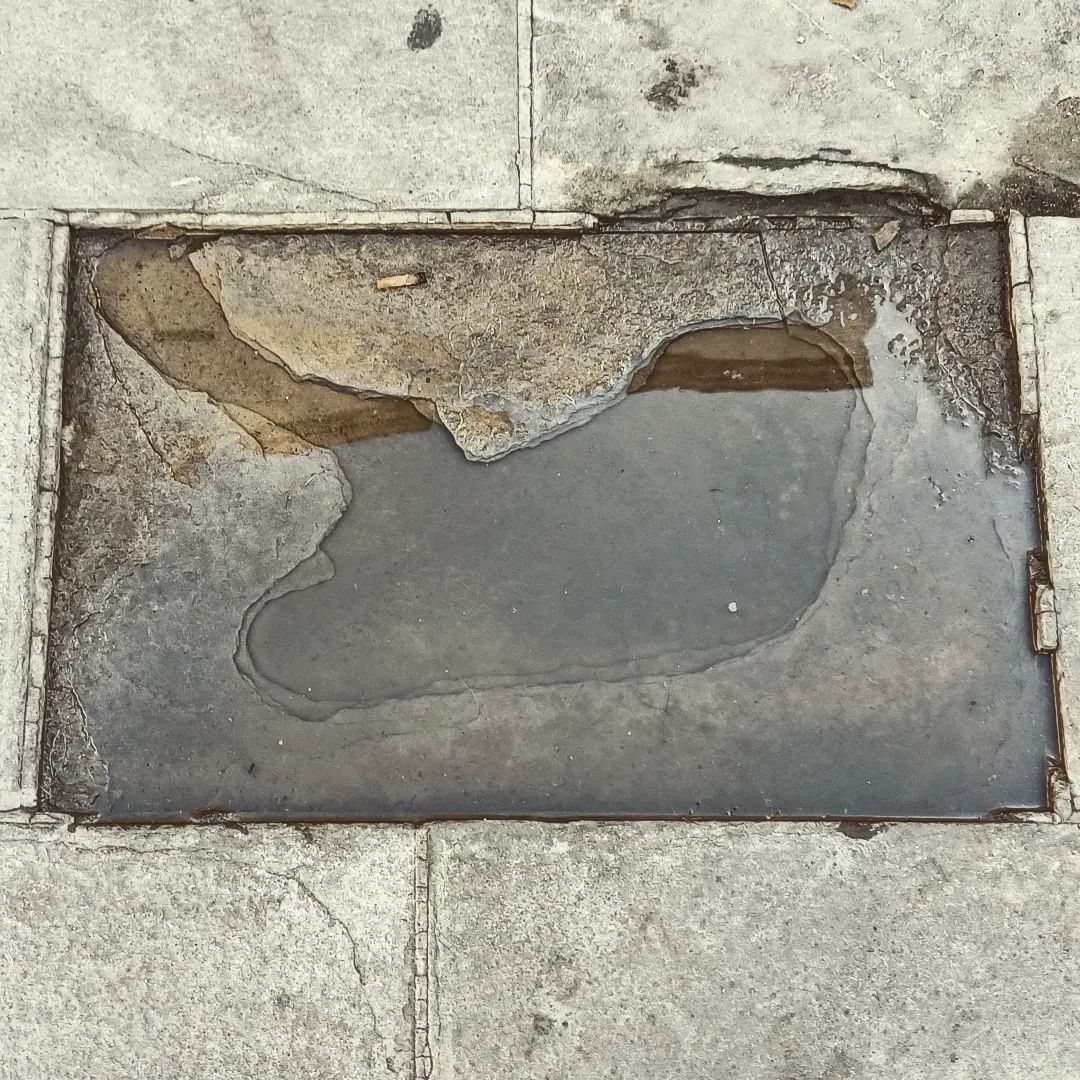
Alas poor Yorick!
Brevity is the soul of wit.
For in that sleep of death what dreams may come,
When we have shuffled off this mortal coil
Though this be madness, there be method in it!
Infinite jest…
To be or not to be—that is the question:
Whether ’tis nobler in the mind to suffer
The slings and arrows of outrageous fortune,
Or to take arms against a sea of troubles
And, by opposing, end them.
Pound for pound, I’ll wager that more Shakespearean English idioms come to us from Hamlet than perhaps any other play. The piece is like a Top 100 Countdown of the sort that used to keep me riveted to my clock radio in the eighties, from eight to noon on a Saturday morning. I had no idea how those sings became hits, but I knew every single one, and all the words to most. So has Hamlet entered popular imagination and the gross lexicon. This is even before we mention his operatic monologues, “Alas, poor Yorick!” and “To be or not to be…” where Hamlet plumbs the depths of death as a man, and a soul hanging by a thread.
For Hamlet is about grief, loss, bereavement, depression. His father the King of Denmark is dead. His paternal uncle married his mother. He’s dating his best friend’s sister, Ophelia. His father’s ghost visits him repeatedly, demanding blood vengeance. My brother killed me to marry my wife and take my crown, he intones. (This reminds me of many conversations I have had with my young children about political power, about how heavy the had that wears the crown and why, because many people want the crown and they want to kill the king for it.) This is Hamlet’s grief spun to find new profundities. He looks and acts not himself. He abuses Ophelia. He talks madness to himself and others. He’s really set off when Gertrude and Claudius, the king and queen, pay some of his school friends (Rosencrantz and Guildenstern) to spy on him and report back to them – but Hamlet quickly sees through that ruse too, and shames them. His depression deepens. Everyone is against him, he feels, and the only one who is for him is the discreet ghost of his dead father who he believes is asking him to murder people, betimes.
Alas, poor Hamlet murders the wrong person, Polonius, hid behind a curtain, whom he believed was the king, Claudius. A pretty pickle! The king LOVED that advisor. Who also happened to be the father of Hamlet’s girlfriend. Everything starts to slide rapidly downhill from here. Way to go, Hamlet, idiot of Denmark! But it’s not his fault. He’s literally out of his mind.
Depression goes from bad to worse as Hamlet’s paranoia manifests. That damn ghost keeps coming back to egg him on. Everyone really does begin to conspire against him. Ophelia goes mad. Her brother Laertes comes back from Wittenburg and sees the state she’s in. he wants to kill Hamlet. Claudius would like to get a crack at his stepson for offing Polonius, but has to get in line behind Laertes. Ophelia drowns in a brook, garlanded with flowers. Claudius colludes with Laertes to “duel” with Hamlet to take care of the matter once and for all. Hamlet must die.
They’ve got a two-prong approach: Laertes poisons the tip of his fencing foil and Claudius prepares a cup of poisoned wine. Alas, poor Gertrude drinks the cup and dies! Laertes takes a coward’s slash on the the retreating Hamlet’s palm. Poison! Then Hamlet swipes Laertes with the poisoned tip, and finishes off Claudius with the poisoned sword. This is really a worst-case scenario of all blame and no forgiveness – and when and where mercy might be warranted even where and when it is least expected or “deserved” (which is for no human to assess – show mercy freely and often, for as Plato advised, be kind, for everyone is waging a great battle within).
That’s basically the plot. Depression gone awry and met with vengeance, ending many lives in the end. (Shakespeare’s tragedies really end with a bang. This one recalls Titus Andronicus.)
When we read Hamlet in high school, it seems the conversations really focused on how crazy Hamlet the man is (true), but very little was said about the other characters waging what they feel are logical responses to Hamlet’s madness, resulting ina kind of global madness. No one is thinking straight. Once the bug of Hamlet’s madness enters the stage in the form of a tragic and misplaced murder, it’s a free for all. Let’s kill him! Duel! Poisoned sword! Poisoned chalice!
Ophelia, always popular in visual art, enjoyed a bit of a surge too in the nineties: Swamp Ophelia. Reviving Ophelia. Ophelia lives in the popular imagination as a dedicated and loving sister and girlfriend who really gets the short end of the stick.
This reading I was moved to tears when Hamlet, in a moment of lucidity, pleads with Laertes to recuse him from the duel, saying that he is unwell and does not know himself, and harms himself as much as he does everyone around him with his actions:
Give me your pardon, sir. I have done you wrong;
But pardon ’t as you are a gentleman. This presence
knows,
And you must needs have heard, how I am punished
With a sore distraction. What I have done
That might your nature, honor, and exception
Roughly awake, I here proclaim was madness.
Was ’t Hamlet wronged Laertes? Never Hamlet.
If Hamlet from himself be ta’en away,
And when he’s not himself does wrong Laertes,
Then Hamlet does it not; Hamlet denies it.
Who does it, then? His madness. If ’t be so,
Hamlet is of the faction that is wronged;
His madness is poor Hamlet’s enemy. (Act V, Sc. 2)
And this:
To die, to sleep—
No more—and by a sleep to say we end
The heartache and the thousand natural shocks
That flesh is heir to—’tis a consummation
Devoutly to be wished.
…
Who would fardels bear,
To grunt and sweat under a weary life,
But that the dread of something after death,
The undiscovered country from whose bourn
No traveler returns…
(Act III, Sc. 1)
Who among us has not said farewell to those we love who crossed into the undiscovered country of death, never to return? I love this image. Shakespeare imagines the Styx as but a bourne, a small stream. They’re on a trip, darling. They won’t be back. They’ve entered the undiscovered country. We’ll all go there eventually.
I suppose the clearest exhortation, the lay lesson and moral to be found now in Hamlet for me, at this phase of life (which I suppose is the discovered country, following the Bard’s convention, but just barely) is to extend mercy, whenever and wherever, in all places and at all times. (Think of all the bloodshed that could have been avoided in Titus Andronicus had pride been put aside and forgiveness and mercy offered in hand.) For it is the folly of humans to assume that everyone is somehow in their right mind, and to hold them true to their actions and words. Be kind, for everyone is waging a great battle within. No need to open a federal case on anyone, attempting to determine their just desserts.
A quick plug also for the BBC version of this play that I watched online from 2018, starring Andrew Scott as Hamlet. The genius of this actor did not stop at The Hot Priest of Fleabag. Even if you do not follow along with the text, this production was truly magnificent, heartfelt, and modern, and Scott really brings Hamlet to life in all his modern relevance. Shakespeare offers us many lessons to mine yet, a wealth of psychological insight, which is why I began this whole unwieldly project in the first place, may the Goddess bless huge intentions. I appreciate everything that Lawrence Olivier did for acting, but honestly? I just cannot cope with his renderings of Shakespeare, so syrupy and overdone, perhaps he was permanently on the stage (Jon Lovitz comes to mind, and ACTING!), but how then did Andrew Scott turn in a stage performance that adapted so perfectly to the screen?
Next up: Henry V, which I remember well from high school and a girlish crush on the then quite boyish Kenneth Branagh. I am wondering now what new actors I will find in productions I know, shedding new light on familiar characters… looking forward to it.
See my piece on Shakespeare Project Explainer on why the Shakespeare Project, Monica? Why are you even doing this in the first place? Because I tend to mention it like it’s something that all normal people do, which I understand it’s not, really.








